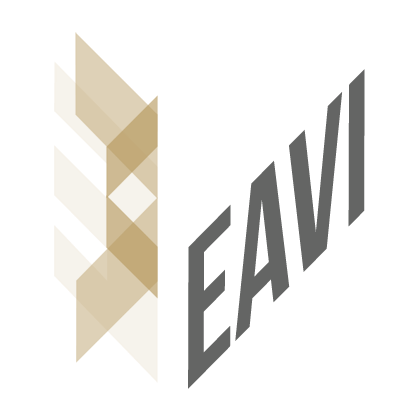Goals
An immediate goal of this workshop will be to identify key research questions in the application of human-centered approaches to machine learning. For instance:
- What is the role of humans in existing machine learning systems (currently hidden)?
- What are the usability challenges of machine learning systems?
- How does a human-centered approach change the way machine learning is done?
- How does a human-centered approach relate to the current theoretical assumptions underlying machine learning?
- What new kinds of machine learning systems should we build based on human-centered research?
- How is human-centered machine learning across different domains such as the arts, science, and social data analysis?
- How can human-centered machine learning support creative work?
- Can human-centered machine learning democratize domains such as big data analytics, opening them up to deeper public engagement?
For this workshop, we have proposed “human-centered machine learning” as a title that articulates a core set of values and approaches, cutting across diverse computational techniques and application areas. We therefore aim to provide a forum for discussion and learning, to nurture and expand the community of researchers engaged in related research. This drives toward our ultimate goal of realising the full potential for helping people work more effectively and efficiently with machine learning in all application domains, for using machine learning as a tool for building new types of interactions, and for making these activities more accessible to people who are not machine learning experts.
In the final discussion period, we will decide on mechanisms for disseminating the research questions, research methods, design principles, etc. that were highlighted by the panel discussions. This could take the form of a published position paper or “manifesto” co-authored by the participants. This could in turn be expanded into a longer review article of the area that both surveys existing research and puts forward ideas for the future. Alternatively, an outcome could be several papers by the different participants collected together in a special issue or related format.
The final discussion period will also invite ideas about how to maintain a lasting community. This will minimally include a mailing list together with a possible web and/or social media presence, all of which would be open to non-attendees to join. We would like to work with this community to run a second, follow-up workshop: the CHI workshop will most likely have a bias toward HCI researchers, so we would like to have a follow-up workshop in a machine learning venue (e.g., NIPS) in order to engage effectively with and across both communities.
The workshop itself will also be archived. All position papers will be archived online. The panels will be videoed and the videos made publicly available online.
